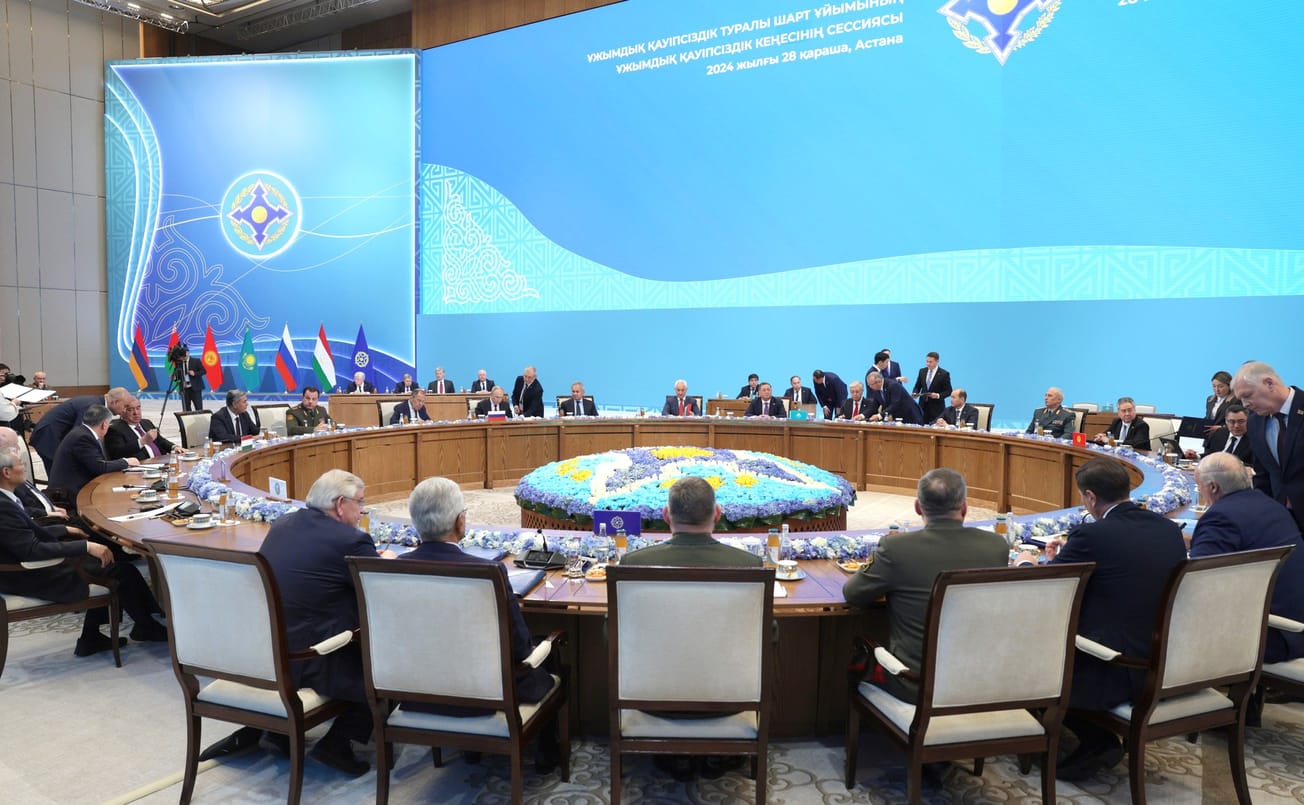All European countries are alarmed by the drastic increase of natural gas prices during the past couple of weeks, with no decrease on the horizon. As gas reserves in storage sites are low everywhere, shortages of heating gas during the winter period are feared—as well as mounting public protests against high energy prices, which have also increased drastically.
Against the background of public protests in its country, the Spanish government has sent a letter to the EU Commission warning that “the situation may provoke a backlash for initiatives for the reduction of CO2, as we have seen already in France with the crisis of the Yellow Vests.”
The gas-price crisis seems to be most precarious in Britain, where two more energy suppliers stopped trading on Wednesday, leaving more than 800,000 customers potentially facing higher bills, after a jump in natural gas prices pushed the sector to the brink. Avro Energy and Green Supplier Limited became the latest providers to say they would cease trading, following a handful of others that have exited the market this year. Between them, Avro and Green held 2.9% of the market’s domestic customers.
The FT reports that meat producers have already suffered, as high energy prices forced a fertilizer producer to halt production, denying the food industry the carbon dioxide by-product that is used to stun animals for slaughtering and packing food. Forty percent of the national energy mix in Britain depends on natural gas, which, after the phasing-out of North Sea gas due to decreasing profitability, is mainly coming to the country by imports. According to the Economist, British dependency on gas is twice the European average; 22 million of 27.8 million households are using gas heat and stoves. It is feared that because of the Brexit, Britain will be put at the end of the list of countries continental to which Europe will export gas, during a general shortage of gas supplies during the winter.


